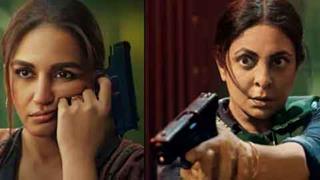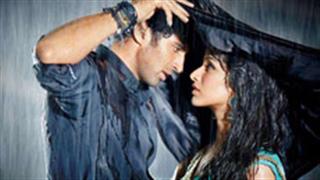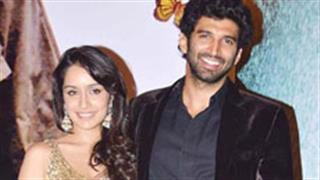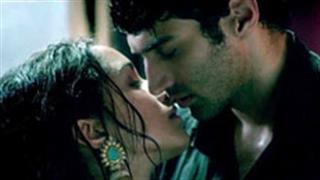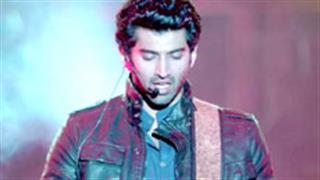When writer Vipul Vig met his to-be father-in-law for the first time, the latter asked him what he did for a living. When Vig replied he was writing a script for a film, the latter thought for a few seconds, and said, 'That is fine, but what do you do for a living?' Till recently, it wouldn't perhaps be a completely unfair question to ask a scriptwriter. However, as Vig, who was recently lauded for the script of Fukrey, says, in the last two years, script writing has become a more recognised profession.
More and more writers are now willing to take it up as a full-time job. Trade analyst Taran Adarsh says this shift is largely due to the renewed focus on content-driven cinema. `The audience is curious to know who has written the story when they see a good film,` he says.
Shagufta Rafique's Aashiqui 2 script was acclaimed as one of the best love stories of the decade. Raanjhanaa, written by Himanshu Sharma, proved that unrequitted love stories can also be presented in a different and unique manner.

Bhavani Iyer and Vikramaditya Motwane were credited with setting up a period drama, Lootera and weaving rather beautifully O Henry's The Last Leaf into the narrative. Iyer, who has written the script for Black and is presently rivelling in the success of the critically acclaimed Lootera, says, `I'm told that a couple of decades ago, barring a few writers, most were considered dispensable and replaceable.

Akshat Verma studied scriptwriting in New York
Fortunately now, a writer is no longer viewed as a vehicle that merely exists to bring the director's vision into reality.` Motwane too feels that a script writer is an important part of a film, since a movie first takes shape on a writing table. `It is a writer's credit that so many of today's successful fims are not star-driven.`

Fukrey, by Vipul Vig, was praised for its fresh story
It was Salim Khan and Javed Akhtar who perhaps brought the script writer into focus in the 1970s. With movies like Zanjeer, Sholay, Don and Deewaar, the Salim-Javed duo in their heyday, were given more prominence and remuneration than the lead actors of the day. They even had their names printed on the posters of their films.
The Rs 80s and Rs 90s, however, took the script writer out of focus. Anurag Kashyap and Jaideep Sahni with sheer brilliance of their writing skills, tried to bring the writer back in focus, but the petty remunerationgiven to script writers often drove talent away making them opt for better paying jobs.

Delhi Belly was applauded for its content
Akshat Verma, writer of Delhi Belly, recalls the time when he decided to go to New York and study scriptwriting. `I wanted to train myself in this field, so that I had something to offer to Bollywood,` says Verma who is now surprised by the way the audience talks about scripts.

Raanjhanaa won hearts for its unrequited love story After Delhi Belly, the trend continued with Band Baaja Baaraat written by Habib Faisal, Rajat Arora's The Dirty Picture and last year's movies such as Kahaani (written by Sujoy Ghosh and Advaita Kala) and Gauri Shinde's English Vinglish.

Kahaani was a winner in every way
Despite the adulation that's come their way however, the remuneration is still a concern. While recognised writers could demand upto R one crore for a film, relatively newer ones are still struggling for a decent bargain.
`Remunerations and intellectual property rights still need to be sorted. But things are moving in the right direction,` says Vig. Iyer, too, is optimistic. `This is the best time to be a writer. Someone is ready to listen.`




